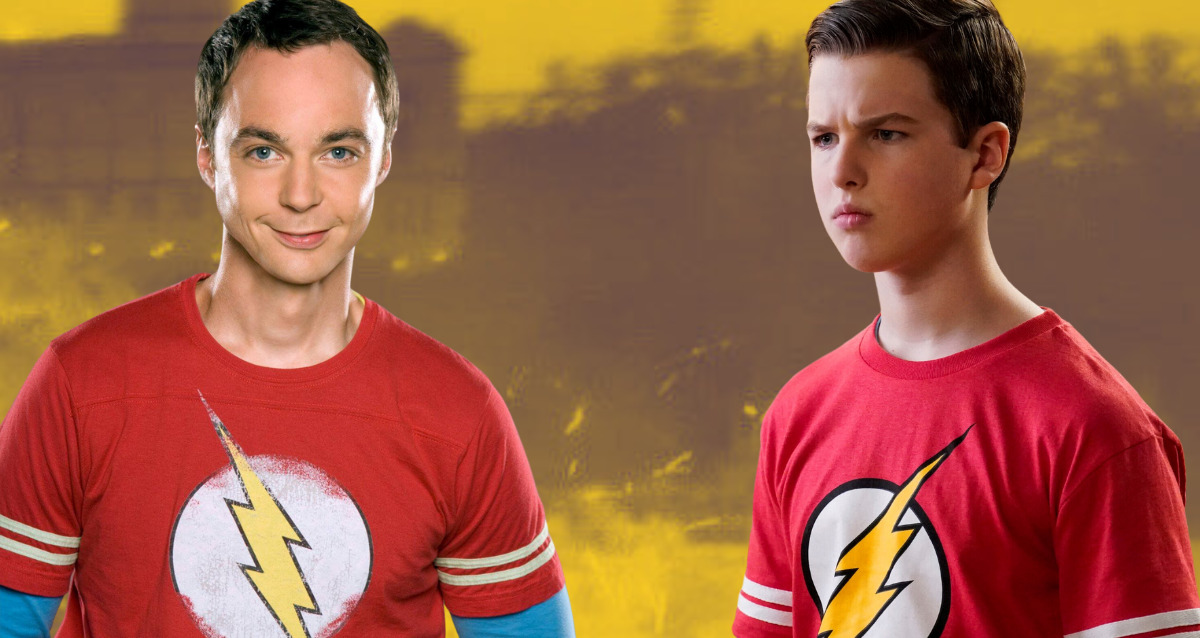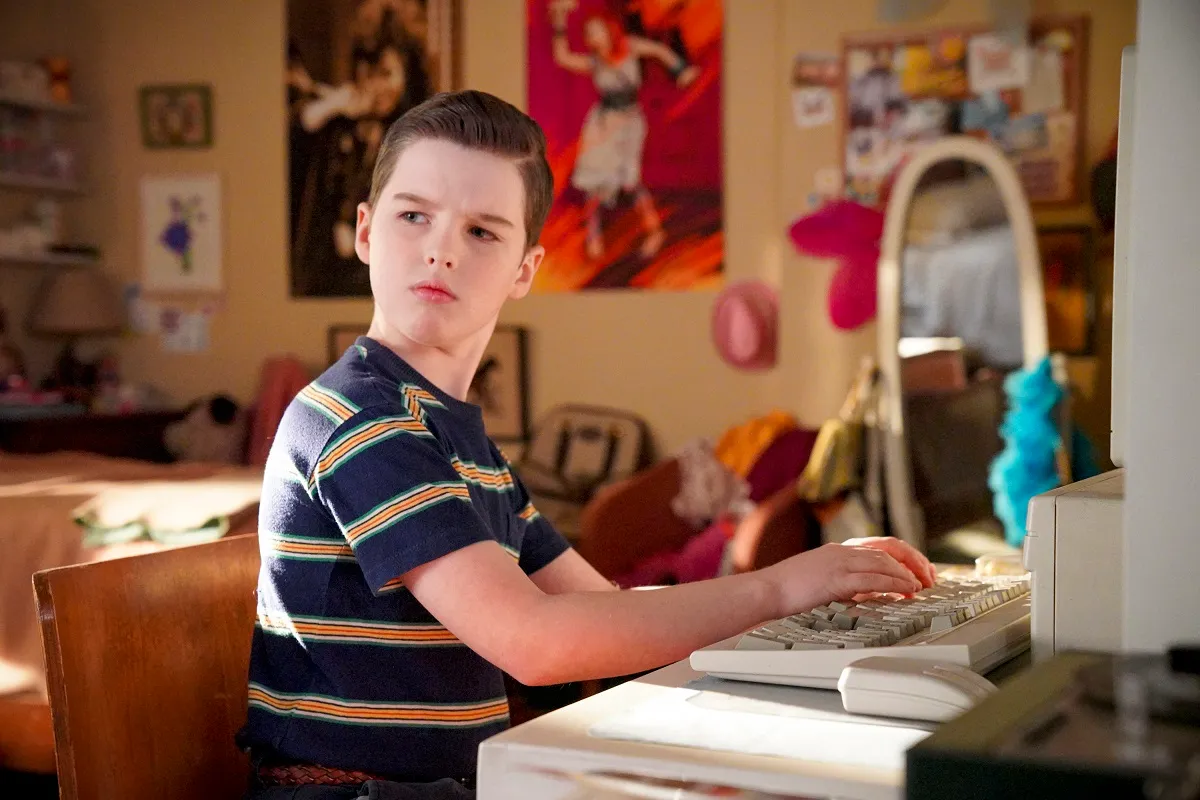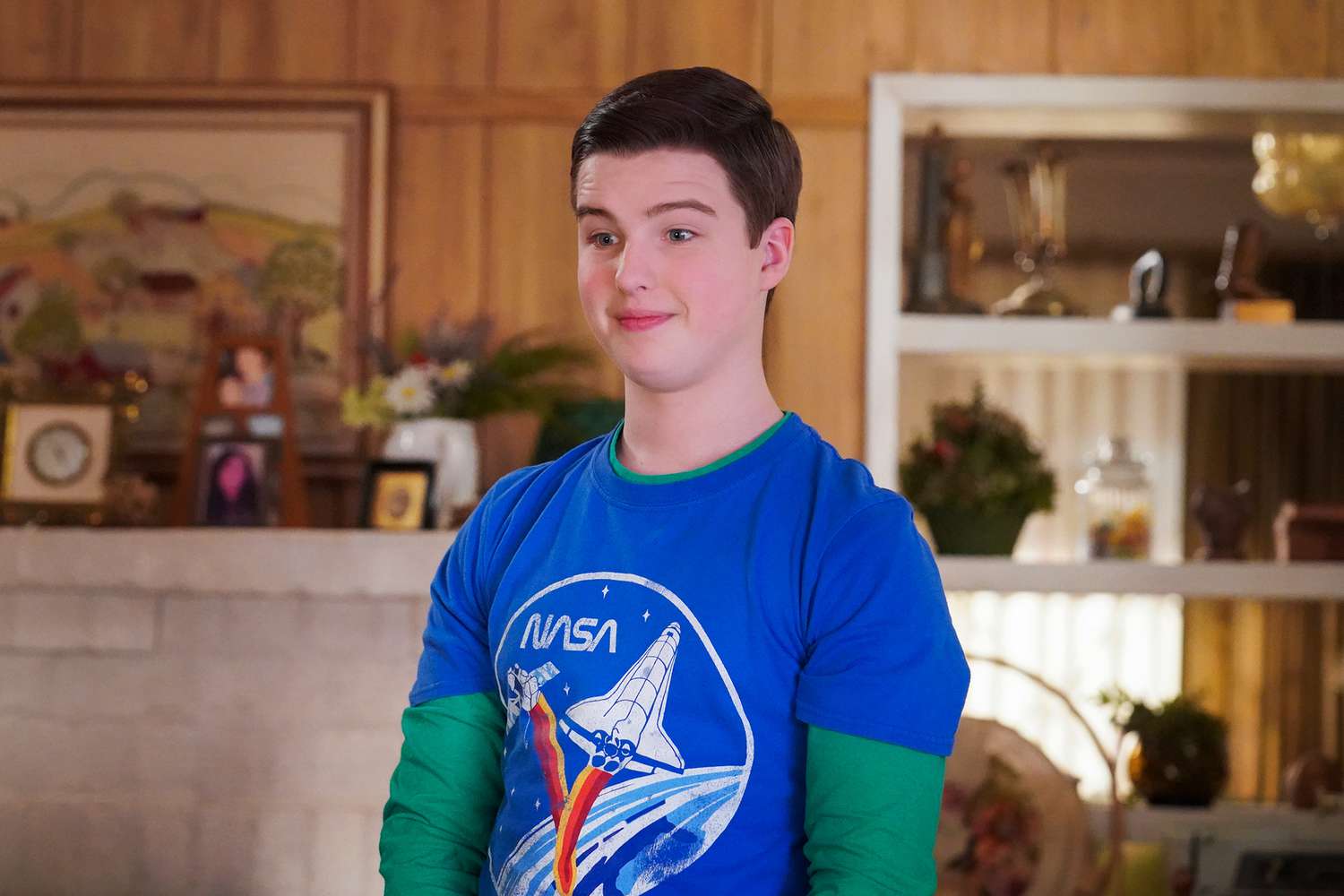As we approach the final season of “Young Sheldon,” it’s time to reflect on the journey of one of television’s most iconic characters, Sheldon Cooper. Known for his unparalleled intellect yet criticized for his lack of emotional intelligence, Sheldon has been a subject of fascination since his first appearance on “The Big Bang Theory” in 2007.
His younger version, portrayed in “Young Sheldon,” offers a nuanced perspective on his development, suggesting that the road to becoming the Nobel Prize-winning physicist we know was not just about intellectual growth but also emotional regression.

The Genius and His Growth
Sheldon Cooper is a household name, synonymous with genius, wit, and a distinct lack of empathy. His portrayal by Jim Parsons on “The Big Bang Theory” brought to life a character whose intellect was as vast as his social skills were lacking. Sheldon’s achievements, including winning a Nobel Prize, were often overshadowed by his arrogance and insensitivity, traits that were accepted, if not entirely tolerated, by his friends due to his supposed naïveté.
However, “Young Sheldon” presents a different side of this character. Set in the early ’90s in East Texas, we meet a younger Sheldon who, despite showing early signs of superiority, displays genuine care for his family.
This Sheldon is empathetic, enjoying close relationships with his mother, Mary, his Meemaw, and his twin sister, Missy. His father, George Sr., provides a stark contrast to the neglectful figure mentioned in “The Big Bang Theory,” offering Sheldon a strong support system that nurtures his talents while grounding him in reality.

Sheldon Cooper’s Inevitable Transformation
As “Young Sheldon” prepares to conclude its run, fans are left wondering how this empathetic, family-oriented boy will transform into the aloof genius of “The Big Bang Theory.” The show has hinted at significant events that will catalyze this change, including the untimely death of George Sr. and Sheldon’s early departure to college. These traumatic experiences, coupled with the loss of his supportive family environment, are likely to push Sheldon to rely solely on his intelligence, using it as a shield against emotional vulnerability.
–🔴📺SERIES📺🔴—
Name: Young Sheldon (-2022)
Genre: Comedy
Seasons: 5
IMDb: 7.5
Story:
Meet a child genius named Sheldon Cooper (already seen as an adult in The Big Bang Theory (2007)) and his family. Some unique challenges face Sheldon, who is socially impaired. pic.twitter.com/0FnSwD89Mc— Free Movies Delivery (@latariico) May 23, 2022
The transition from “Young Sheldon” to the adult Sheldon Cooper is not just about character development; it’s a narrative necessity. The writers are tasked with aligning the endearing child genius with the complex, often frustrating adult while remaining faithful to the original series. This regression, while disheartening, is essential for continuity and provides a deeper understanding of Sheldon’s character.
Looking Ahead
As we bid farewell to “Young Sheldon,” the legacy of Sheldon Cooper remains intact. His journey from a precocious child to a brilliant but emotionally stunted adult is a testament to the complexities of growing up different. The show offers a poignant look at how intelligence, when not balanced with emotional growth, can lead to isolation.

“Young Sheldon” and “The Big Bang Theory” together paint a comprehensive picture of Sheldon Cooper’s life, offering insights into the making of a genius. As fans, we’re left to ponder the cost of such brilliance and the roads not taken. Perhaps the rumored spin-off with Georgie and Mandy will fill in more gaps, but until then, Sheldon Cooper’s legacy as one of television’s most unforgettable characters is secure.
As we say goodbye to “Young Sheldon,” we’re reminded of the power of storytelling in exploring the human condition, even through the lens of a sitcom. Sheldon Cooper’s journey is a bittersweet reminder that genius does not exempt one from the trials of growth and the necessity of change.










